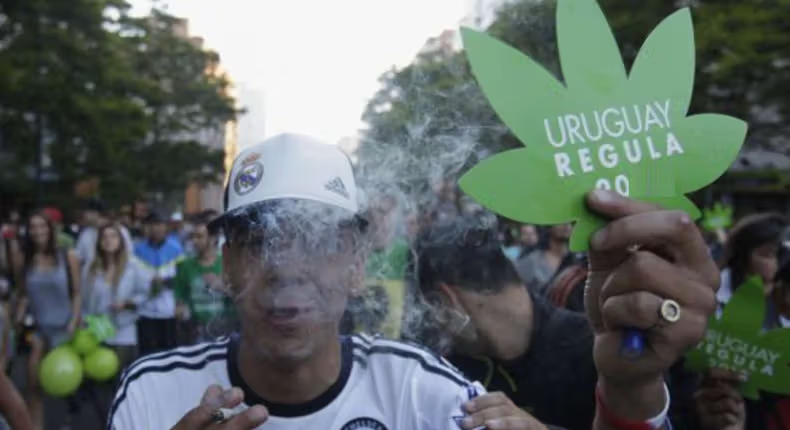The statement correctly points out that there are currently no countries where all hard drugs are completely legal. This is a factual observation supported by global drug policy. While some countries have adopted progressive approaches to drug use, including decriminalization and regulation, these measures typically apply to specific substances like cannabis or in controlled settings for heroin use, rather than across the board for all hard drugs.
Here’s a breakdown of the key points mentioned in the statement:
1. **Portugal**: In 2001, Portugal decriminalized all drugs, meaning that possession and use of small quantities for personal consumption are treated as administrative offenses rather than criminal ones. This approach aims to focus on treatment and support for individuals struggling with addiction rather than punitive measures.
2. **Netherlands**: Known for its tolerant policies towards cannabis, the Netherlands still maintains strict laws against harder drugs like cocaine and heroin. Possession of small amounts of cannabis for personal use is tolerated but regulated. However, trafficking and larger quantities of all drugs remain illegal.
3. **Switzerland**: Certain cities in Switzerland have established programs where heroin users can obtain the drug in a controlled environment, accompanied by access to support services. This approach is aimed at reducing the health risks associated with addiction.
4. **Uruguay**: In 2013, Uruguay became the first country to legalize and regulate the sale of marijuana, with the government overseeing production and sales to control crime and promote public health. This legalization does not extend to other hard drugs.
5. **Canada**: Canada legalized recreational cannabis use in 2018, following Uruguay’s example. The aim is to regulate the market and diminish criminal involvement in cannabis distribution. Again, this does not apply to other hard drugs.
6. **Czech Republic**: The Czech Republic has decriminalized possession of small amounts of marijuana and some other drugs. While these are still considered offenses, they do not typically result in imprisonment but rather fines or other administrative penalties.
7. **United States**: Several states in the U.S. have legalized recreational cannabis use for adults and expanded access to medical marijuana. However, hard drugs like heroin and cocaine remain illegal federally and in all states.
It’s important to note that even in countries with more lenient drug policies, there are still regulations and restrictions aimed at mitigating the potential harms associated with drug use. These policies often emphasize harm reduction, treatment, and public health approaches over criminalization. The complexity of drug policy worldwide underscores the ongoing debate and varied approaches to addressing substance use and addiction.
